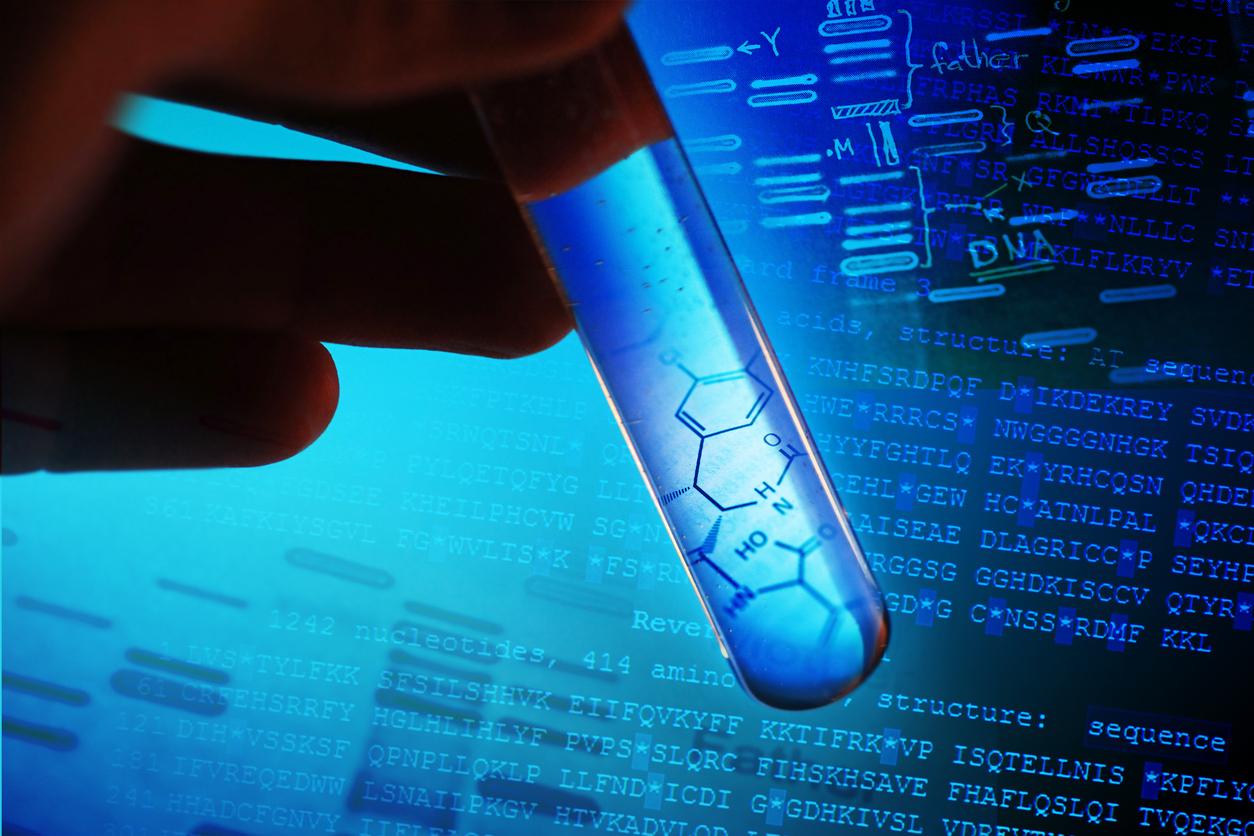The Pew Charitable Trusts has announced plans to launch a new cloud-based computing platform that it hopes will "spark" the discovery of new antibiotics to defeat drug-resistant gram-negative bacteria.
The publicly available database and interactive data-sharing tool, called the Shared Platform for Antibiotic Research and Knowledge (SPARK), will include curated antibiotic discovery data from accessible sources, along with unpublished data, related content, and expert analysis. The hope is that SPARK will allow scientists from around the world who are working on antibiotic discovery to share data, gain new insights, collaborate, and ultimately advance research on molecules that can penetrate and stay inside gram-negative bacteria—the toughest and most pressingly important bacterial pathogens.
"It will be a platform that will let people share their analyses…and bring together people and data," Allan Coukell, senior director of health programs at the Pew Charitable Trusts, told CIDRAP News. Similar data-sharing tools have been used to boost drug discovery in other research areas, but no such platform currently exists for information sharing in antibiotic research.
The idea for SPARK emerged from a 2016 Pew report titled "A Scientific Roadmap for Antibiotic Discovery", which identified some of the scientific roadblocks that have hampered discovery of new antibiotics. One of the top priorities highlighted by the group of industry and academic experts who authored the report was to create a set of tools to guide efforts to find drugs that can fight gram-negative pathogens, which are particularly difficult to treat because of a tough outer membrane that protects them from many antibiotics. It's been nearly 50 years since the last new class of antibiotics capable of fighting gram-negative bacteria was introduced.
While many scientists have looked for new solutions to gram-negative bacteria, Coukell said, their research is scattered across academic journals and industry archives, and sometimes not published at all, raising concern that some valuable information is getting lost. With SPARK, a team of antibiotic discovery experts will collate and curate those data in one place, enabling researchers to uncover and focus on promising compounds.
"If we can pull all this information together, there are actually a lot of chemical structures and a lot of questions we could ask about the general properties of compounds that get into these cells," Coukell said.
With the SPARK database, scientists will be able to look up promising molecules that have been tested and described in a journal article, for example, and learn and ask questions about the chemical properties of those molecules and their mechanisms of action. The database will then let users find other molecules with similar properties and chemical structures and further study those, allowing them to analyze patterns and identify the molecules that show the most promise.
"We'll be able to do a lot more of these types of analyses by bringing together all these structures that people have tested," Coukell said. "A lot of them won't be good antimicrobial drugs, but there's still something we can learn from them."
SPARK will be open to any qualified researcher in the field, including those working in academia, industry, government, and the nonprofit sector, but users will have to be licensed. A pilot version will be launched on the Collaborative Drug Discovery Web site within the next year.
See also:
Aug 7 Pew Charitable Trusts press release
May 11, 2016, Pew report A Roadmap to Antibiotic Discovery
























